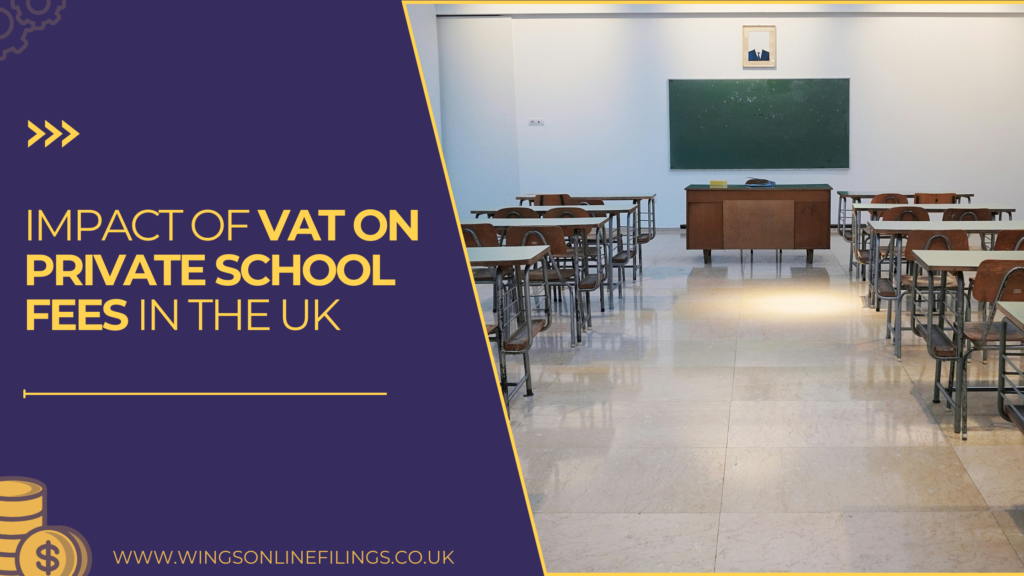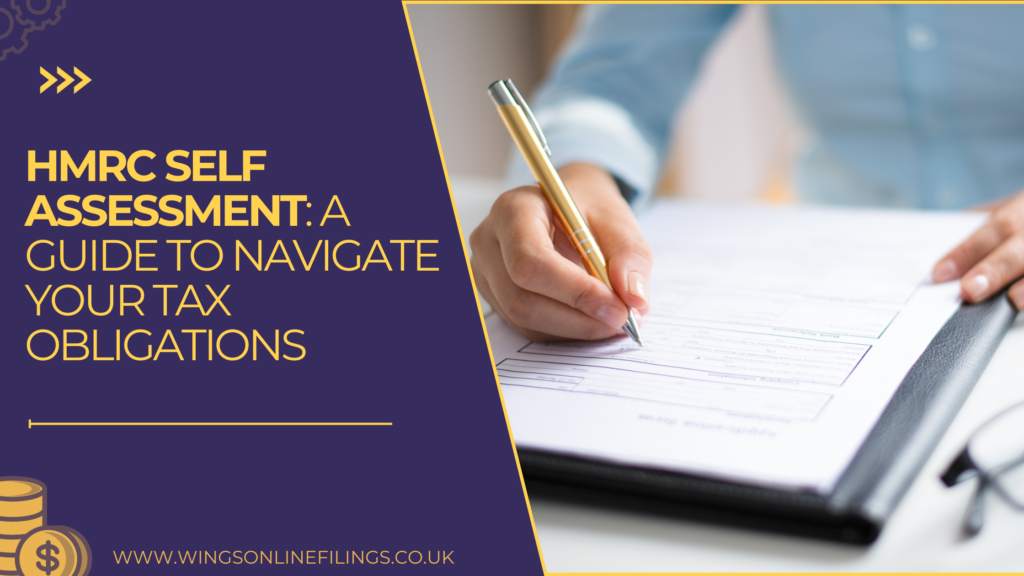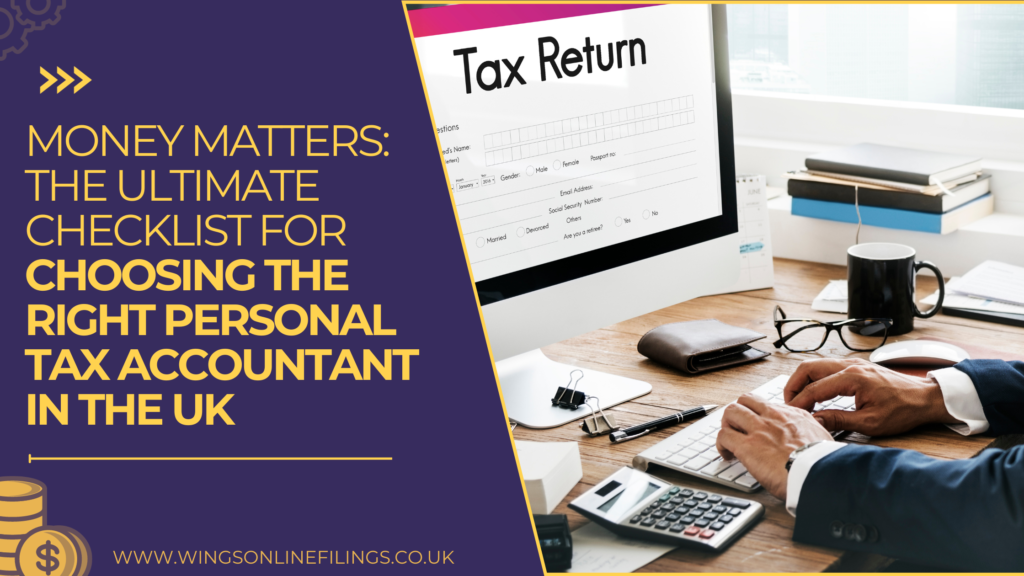
Introduction to VAT on Private School Fees
Starting January 1, 2025, private school fees in the UK will be subject to a 20% VAT. This change impacts UK private schools, including boarding services. The VAT implementation aligns with the government’s objective to redirect funds to support state schools that educate around 90% of UK children.
From October 30, 2024, onwards, private schools and boarding service providers must register for VAT if their taxable turnover surpasses £90,000. This blog will outline the key details of this VAT implementation and its implications for private schools, parents, and students.
What the New VAT Rules Will Tax
Under the new VAT rules, a 20% tax will apply to UK private school fees, including boarding services. However, certain services closely linked to education, such as school meals, transportation, and exam fees, are expected to remain VAT-exempt.
While nursery provisions and state-funded schools will not be affected. Private schools must evaluate their turnover and determine if they need to register for VAT by October 30, 2024.
Reason why the Government is Imposing VAT on Private School Fees
The rationale behind imposing VAT on private education is to redirect funds toward the state school system. In the past, private schools benefited from various tax advantages, including VAT exemptions and charitable business rate relief. However, these privileges will end with the new VAT regulations, ensuring that private institutions contribute to public funding.
The Institute for Fiscal Studies (IFS) estimates that this VAT imposition could generate between £1.3 billion and £1.5 billion annually. The government plans to use these funds to invest in teacher recruitment, early childhood education services, and headteacher training programs.
Will Private School Fees Rise by 20%?
A significant concern is whether private schools will increase their fees by the full 20% to accommodate the VAT. While schools are legally required to add VAT on school fees, it doesn’t automatically mean a 20% increase for parents. Many schools may look to recover VAT on educational goods and services and reevaluate their operational costs to lessen fee increases.
However, the effects will differ from one school to another, with some potentially choosing to absorb part of the additional cost. Parents are encouraged to communicate with their schools to understand how the VAT on private education will impact fees in their particular situation.
Treatment of Prepaid School Fees
Any payments made before 29th July 2024, are not subject to VAT if at the time of payment, a tax point was created. However, payments after 29th July 2024, for school terms starting on or after 01st January 2025, will be liable for VAT. Below is the summary of key points, with additional clarifications:
- Payments Received Before 29th July 2024:
- VAT-exempt: These payments remain exempt if a tax point (e.g., an invoice or payment) was created before 29th July 2024.
- VAT-exempt: These payments remain exempt if a tax point (e.g., an invoice or payment) was created before 29th July 2024.
- Payments Between 29th July 2024 and 29th October 2024:
- VAT liability from 1st January 2025: Schools must account for VAT on these payments if the fees pertain to school terms starting on or after 1st January 2025. The school should register for VAT in anticipation of this.
- VAT liability from 1st January 2025: Schools must account for VAT on these payments if the fees pertain to school terms starting on or after 1st January 2025. The school should register for VAT in anticipation of this.
- Payments After 30th October 2024:
- VAT at the time of receipt: Fees received after 30th October 2024, for school terms starting on or after 1st January 2025, are subject to VAT upon receipt. Schools must register for VAT and apply it to those payments.
Examples:
- Example 1 (Advance Payments):
- A payment of £105,000 made on October 28, 2024, for a term starting on January 6, 2025, does not incur VAT immediately. However, the school will exceed the £90,000 VAT threshold by January 6, 2025. This means they must register by December 8, 2024, and start applying VAT from January 1, 2025.
- A payment of £105,000 made on October 28, 2024, for a term starting on January 6, 2025, does not incur VAT immediately. However, the school will exceed the £90,000 VAT threshold by January 6, 2025. This means they must register by December 8, 2024, and start applying VAT from January 1, 2025.
- Example 2 (Exceeding the VAT Threshold):
- If a school realizes it will exceed the £90,000 VAT threshold by receiving payments on 5th November 2024, it must register by 4th December 2024, and VAT will apply to payments from 5th November onward.
Who Needs to Register: VAT Registration for Private Schools?
Private schools and institutions providing boarding services are required to register for VAT if they satisfy any of the following conditions:
- Their VAT-taxable turnover has exceeded £90,000 in the previous 12 months.
- They expect to exceed £90,000 within the upcoming 30 days.
Taxable turnover refers to the total value of goods and services subject to VAT, excluding VAT-exempt or outside-the-scope transactions. For VAT purposes, “private school” applies to institutions offering full-time education to students of compulsory school age or those aged 16-19. This includes private sixth-form colleges and independent schools.
Nurseries and classes for children below the compulsory school age remain VAT-exempt, and schools that exclusively offer these services are not required to register for VAT.
When to Register for VAT for Private Schools?
Private schools must complete their VAT registration by October 30, 2024, in order to comply with the updated regulations. Schools receiving advance payments for terms starting on or after January 1, 2025, should closely monitor these payments to ensure they are included when determining VAT registration thresholds.
- Advance Payments: If your advance payments for terms starting after January 1, 2025, surpass £90,000, you must register for VAT without delay.
Exceeding VAT Threshold: If your taxable turnover has exceeded £90,000 in the last 12 months, VAT registration must occur within 30 days.
What Happens After VAT Registration?
Once private schools are registered for VAT, HMRC will provide them with a VAT registration number and guidance on their ongoing obligations. These obligations include:
- Maintaining VAT records: Schools must keep detailed VAT records of taxable supplies, exempt services, and VAT incurred on purchases.
- Submitting VAT returns: Schools will need to file VAT returns and pay VAT to HMRC on a quarterly basis or can opt to file monthly or annual returns.
- Reclaiming VAT on expenses: Schools will also be able to reclaim VAT on business expenses that are attributable to their taxable activities.
Key Points to Remember
- If the taxable turnover for private schools exceeds £90,000, they must register for VAT
- VAT is applicable to school and boarding fees for school terms starting on or after 01st January 2025.
- Schools receiving payments from July 29, 2024, must carefully track these transactions to ensure compliance with VAT regulations.
- After registration, schools will be responsible for submitting VAT returns and paying VAT on taxable supplies, while also reclaiming VAT on qualifying expenses.

Conclusion: Preparing for the VAT Change
The introduction of VAT on private school fees marks a significant change in the UK education system. For private schools, this requires rethinking financial models, handling VAT registration, and tracking recoverable VAT on eligible expenses.
For parents, staying informed about your school’s approach to these changes is critical. Engage with the school administration to understand their plan for implementing VAT on school fees. This will help you assess the impact on your financial planning. Stay updated & follow announcements and review HMRC guidance regularly.

